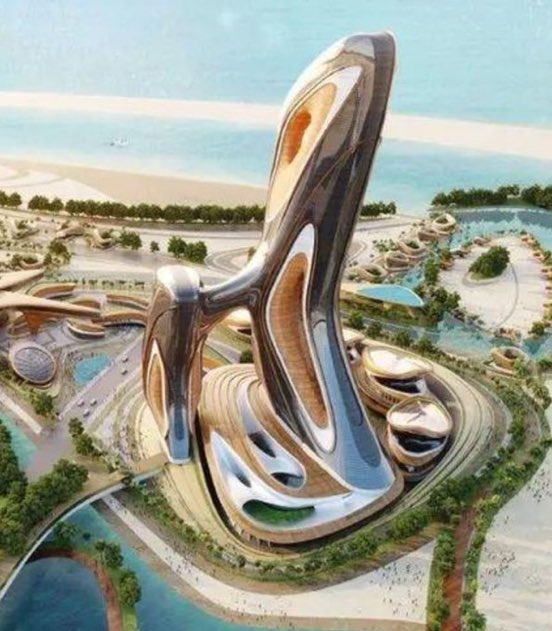 |
| Akon City cancellation |
Key Takeaways
- Akon City cancellation confirmed as Senegal reclaims land from the failed project.
- The City's cancellation stems from missed development milestones and financial challenges.
- The cancellation shifts focus to a new resort project in Mbodiène.
- The project ends the $6 billion Wakanda-inspired mega city plan.
- Akon City cancellation reflects economic realities over futuristic urban ambitions.
Akon City cancellation confirmed as Senegal pulls the plug
The highly publicized Akon City cancellation has finally been made official by the Senegalese government. Initially unveiled in 2020 with global headlines and celebrity buzz, the $6 billion futuristic city envisioned by singer Akon will no longer be pursued.
The government cited stalled progress and unmet development benchmarks as reasons for reclaiming the land originally designated for the megaproject.
Inspired by the sleek, tech-forward aesthetic of Black Panther’s Wakanda, Akon City was pitched as a beacon of innovation, pan-African pride, and economic transformation.
But over four years later, the promised smart city remains largely imaginary, a symbol of high hopes clashing with hard reality.
Akon City cancellation triggered by lack of progress and funds
At its core, the Akon City cancellation boils down to economics and execution. Since its launch, the project has suffered from repeated delays, minimal construction activity, and mounting skepticism.
Despite promises of a crypto-powered utopia with hospitals, schools, a stadium, and high-speed transport, barely any physical progress has been made on-site in Mbodiène, a coastal village south of Dakar.
Economic challenges, both globally and within Senegal, further strained the viability of the ambitious plan.
The pandemic, inflation, and regional instability made it difficult to attract the level of international investment needed to break ground meaningfully.
Akon City cancellation redirects focus to practical resort development
In light of the Akon City cancellation, Senegalese officials announced a new, more grounded development plan: a coastal resort project in the same region of Mbodiène.
Unlike the sprawling smart city proposal, this project will be modest in scale, financed through a mix of public and private funding, and designed with tourism and local economic development in mind.
By shifting to a project with more achievable goals and a clearer economic impact, the government hopes to stimulate job creation, boost tourism, and rebuild public trust after the disappointment of the Akon City saga.
Akon City cancellation marks the end of the Wakanda-inspired dream
The Akon City cancellation also represents the end of a symbolic narrative that captured global imagination: building a real-life Wakanda. At launch, Akon pitched the city as a futuristic African metropolis built on renewable energy and cryptocurrency, even announcing plans to use his own “Akoin” digital currency for transactions.
The dream, while exciting, may have overestimated investor appetite and underestimated the real-world challenges of infrastructure development in emerging economies.
Ultimately, the Wakanda comparison, though compelling in media headlines, set expectations far beyond what was feasible.
Akon City cancellation highlights challenges of megaprojects in Africa
As one of the continent’s most high-profile abandoned developments, the Akon City cancellation serves as a case study in the pitfalls of overly ambitious urban projects.
While visionary thinking is essential for Africa’s growth, experts argue that without solid funding, clear governance, and steady progress, these dreams can do more harm than good.
There’s still hope, though. The shift toward a manageable, locally anchored project could signal a more strategic approach to development in Senegal, one that prioritizes impact over hype.
Ghana–Côte d’Ivoire Electricity Interconnection: A New Power Era for West Africa
Spectrum Daily writes on June 27, 2025, highlighting a landmark MoU between Ghana and Côte d’Ivoire to launch a $173.7 million high-voltage power line, boosting regional energy trade, grid stability, and West Africa’s clean energy integration.

